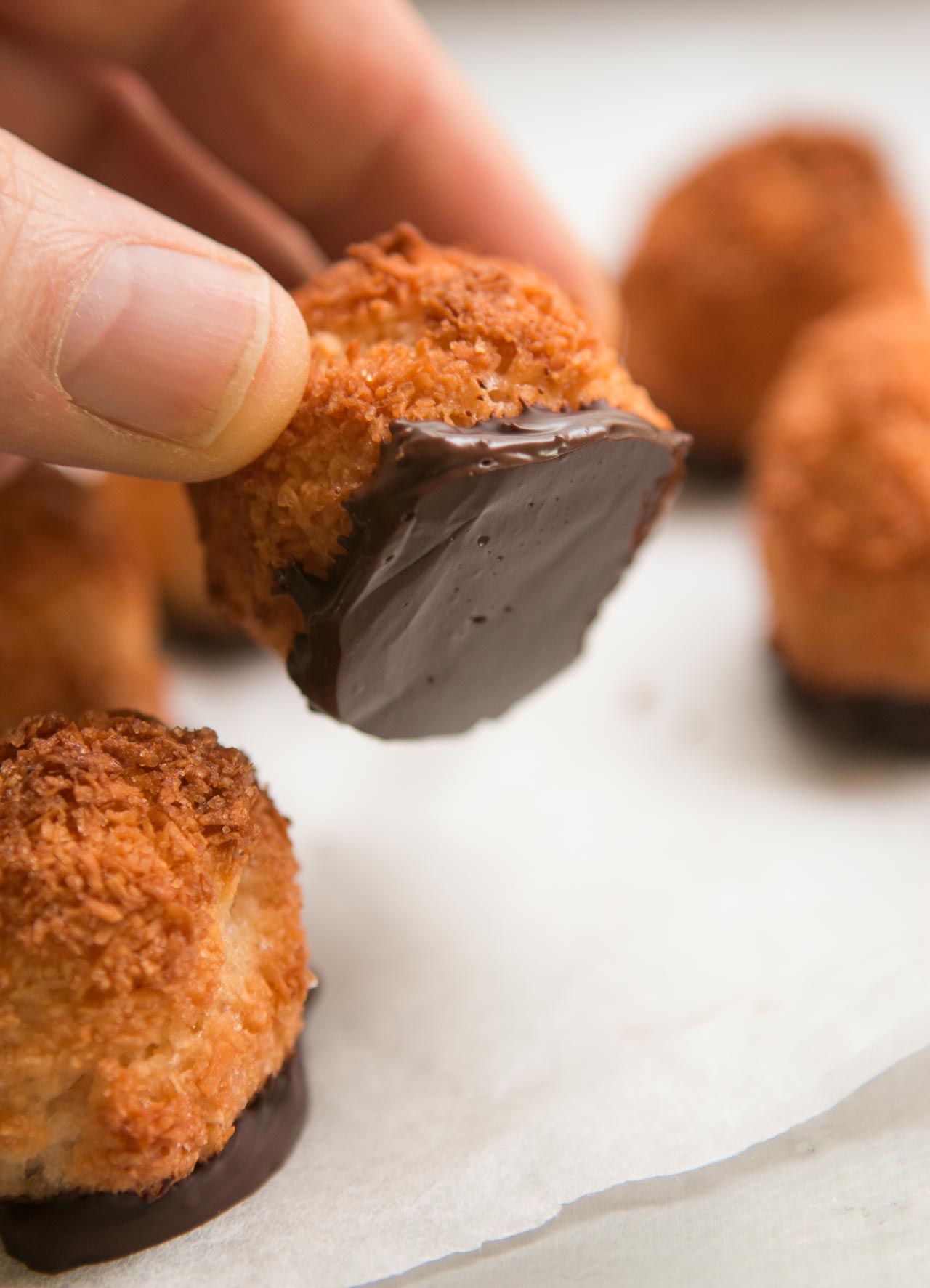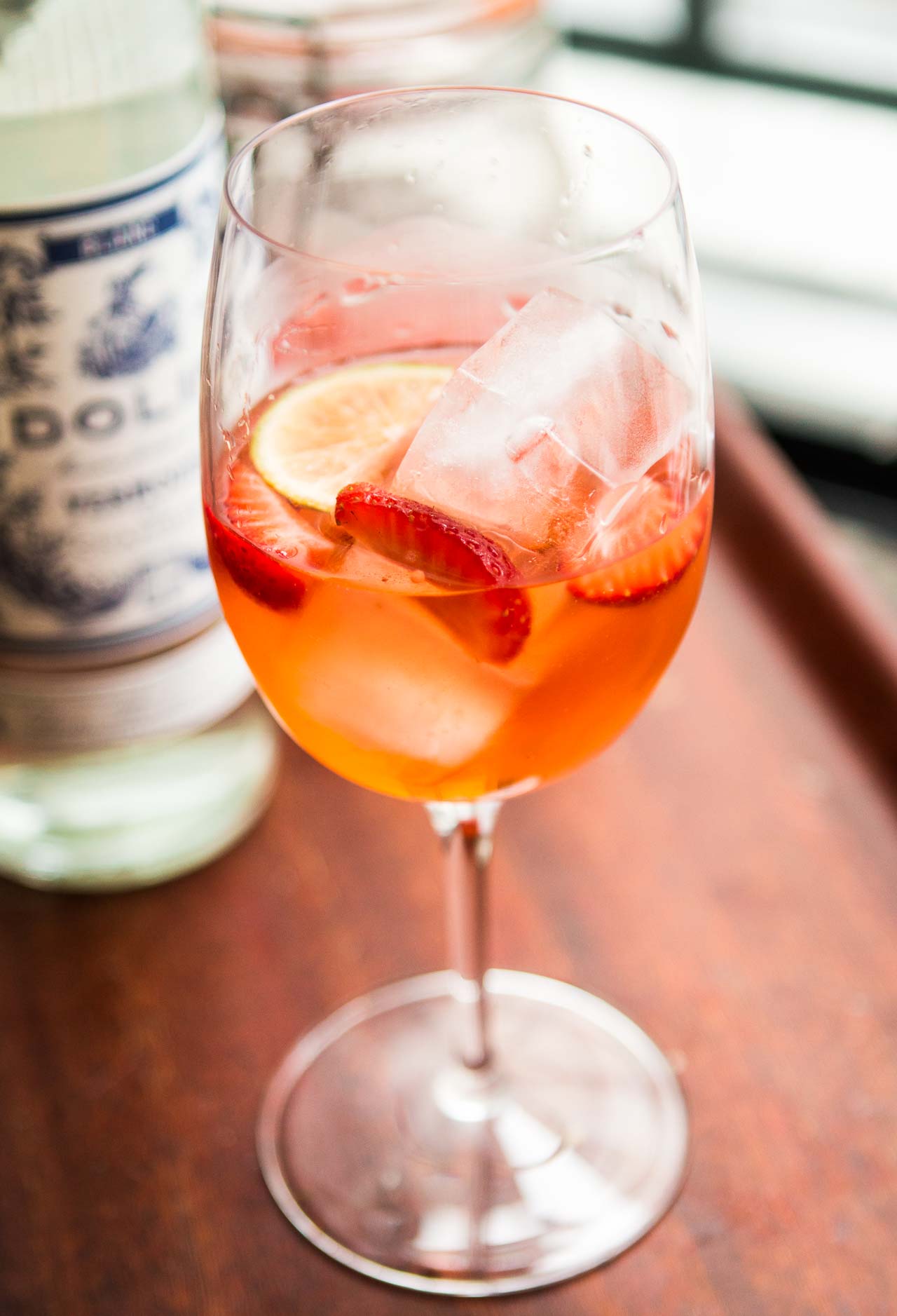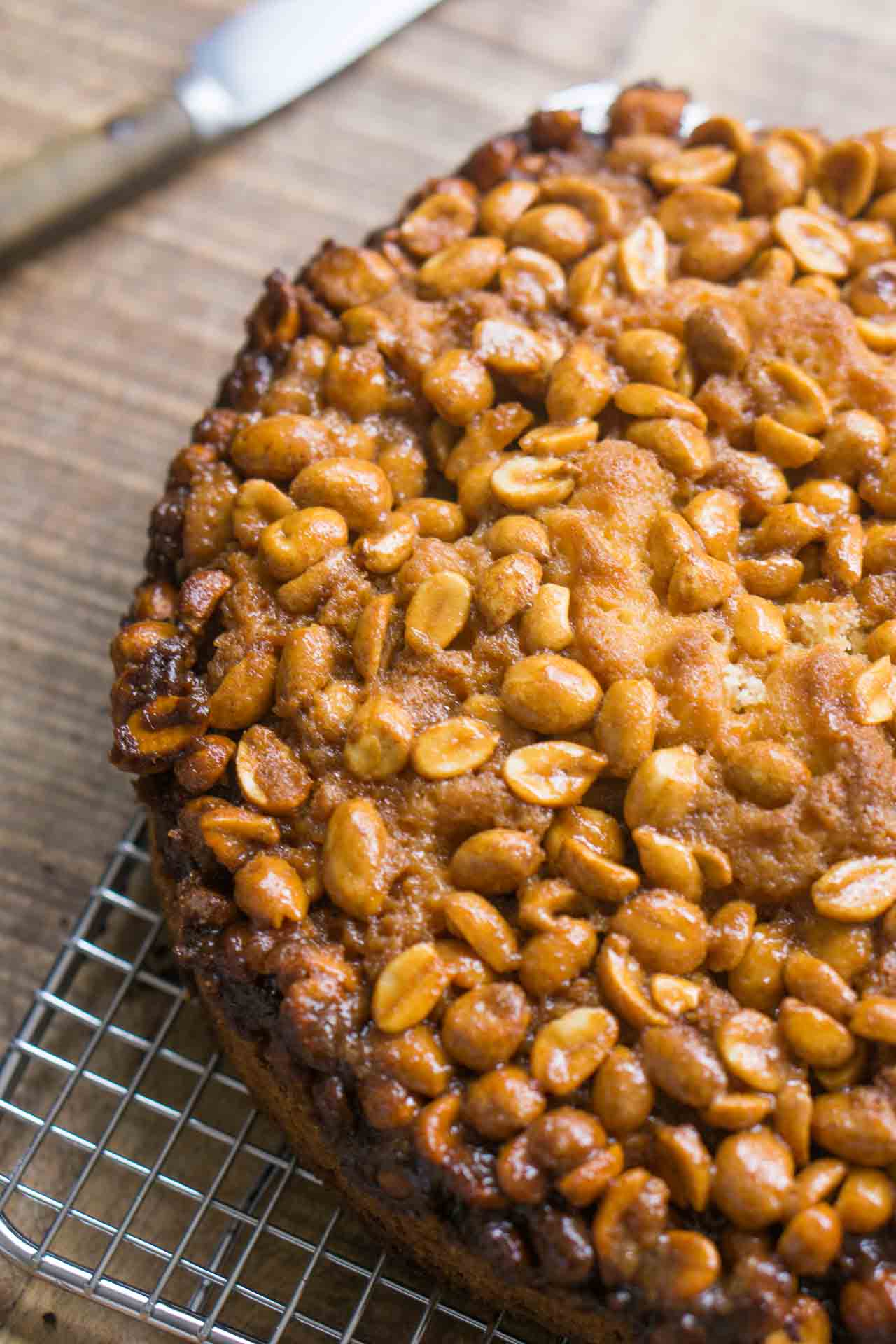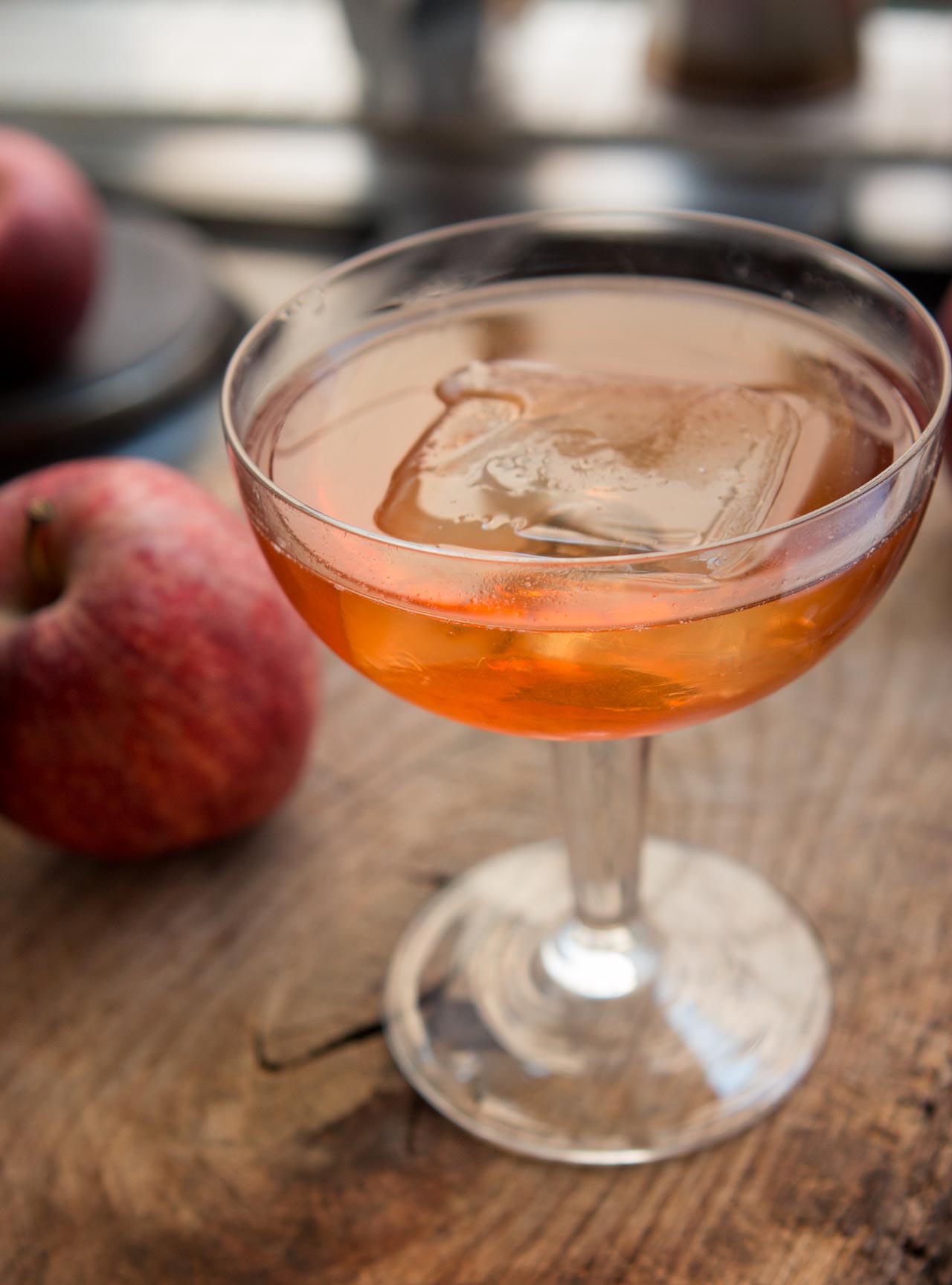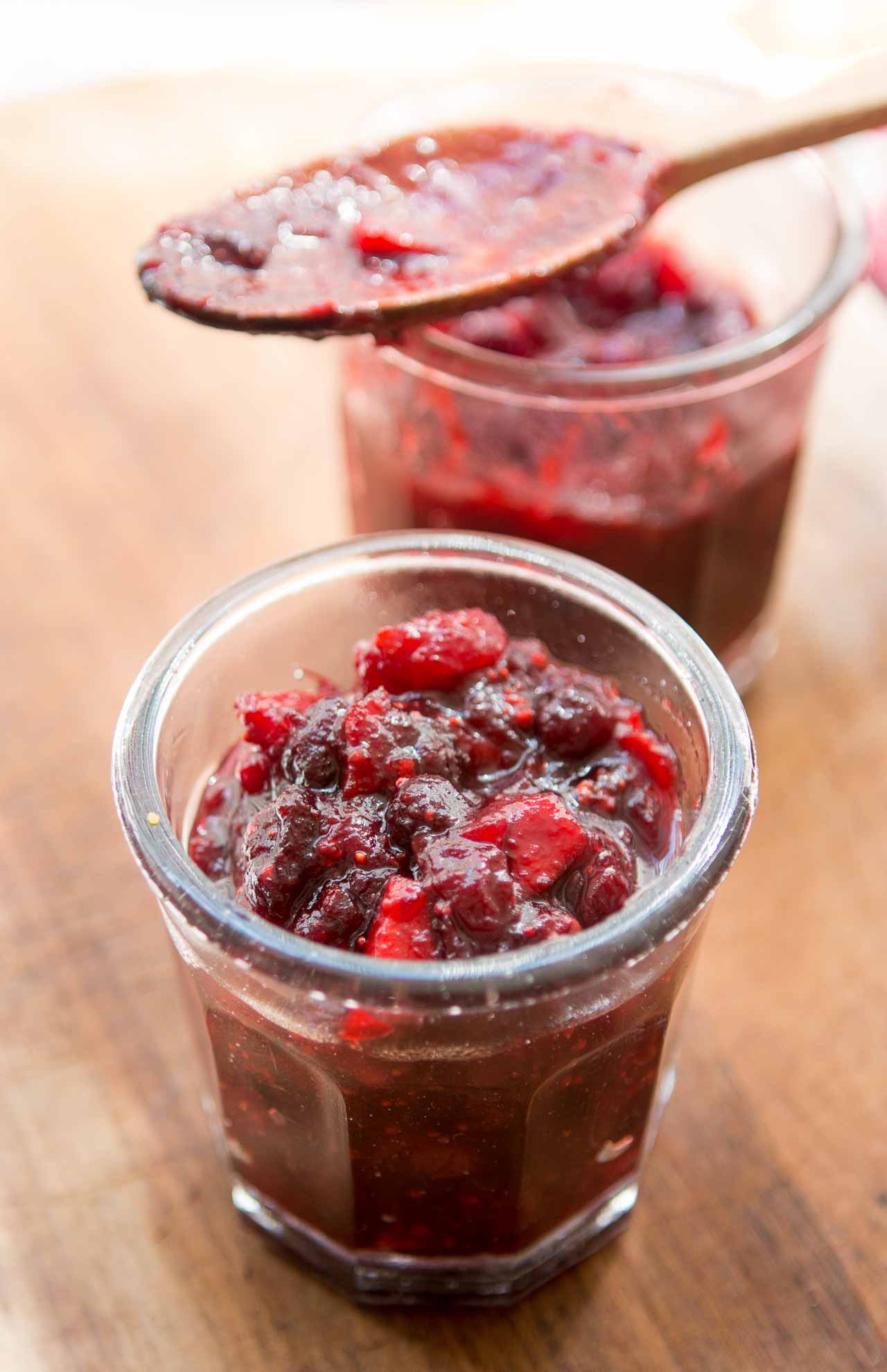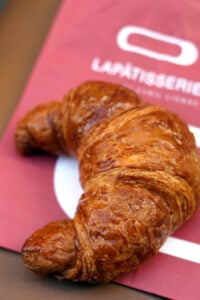Will Write For Food
I took someone into a fromagerie the other day and he was asking me to describe a perfectly ripe, oozing camembert cheese. “Musty gym socks”, “funky undies”, and “barnyard-like” don’t exactly sound appealing, but were the most accurate descriptions that came to mind at the time (looking back now, however, perhaps next time I need to do some pre-editing in my head). The trick to is to make something as special as a perfectly-ripened wedge of cheese sound so good that you can’t believe it will taste better than it smells.
Conveying an exact sensation is the difficulty of food writing. How do you describe something that you think tastes good, and make it sound good enough for someone else to want to taste as well? (and if you think “musty gym socks” or “funky undies” taste good, you’re at the wrong web site).
Dianne Jacob, a seasoned culinary journalist and instructor with a long string of success behind her, shares her secrets and suggestions while explaining what food writing is all about: how to succeed, how to get published, and what you can do to make your food writing more evocative and compelling.
Will Write For Food is one of the best and most comprehensive workbooks I’ve read on this topic and if you’ve fantasized about writing about food or wanted to know what it was like to write a review restaurant or well-loved cookbook, read the suggestions she culled from experienced food writers like Russ Parsons, Anthony Bourdain, Deborah Madison, and Alice Medrich.
Heck, I’m even in there too!








